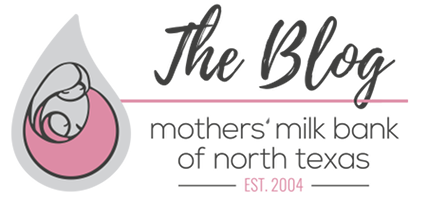When it comes to breastfeeding, the first week of breastfeeding crucial because your child will need (and want) to feed a lot! Here’s how you can prepare for that first week of breastfeeding.
Breastfeeding Tips:
- Your baby will need to eat a minimum of every three hours during the first week of life.
- If the feeding process takes you an hour, still prepare to feed within two hours.
- Look for early hunger signals such as finger sucking and routing. If this occurs, go ahead and breastfeed, even if it has only been an hour since the last feeding. Crying is a late sign of hunger.
Helpful Hint: most babies weigh a little less when they leave the hospital than they did upon arrival. It’s completely normal for babies to lose a few ounces in first few days, and they will usually gain the weight back in the first week of life.
Burps and Belches
- To avoid revisiting your baby’s meal, it is a good idea for them to try to burp after feeding. Although, some breastfed babies do not burp.
- Try propping your baby on your shoulder, sitting them on your lap, or laying them across your lap with their head on one leg and tummy on the other.
- Lastly, don’t forget to use a burping cloth!
Power to the Poop
According to What to Expect the First Year by Heidi Murkoff, Sharon Mazel, Arlene Eisenburg and Sandee Hathaway, below is what you should expect to find in your child’s diaper.
- Days 1-2, Meconium: sticky, tar-like, black or dark green
- Days 3-4, Transitional stool: grainy greenish yellow or brown
- Days 5-7, Normal breastmilk stool: seedy, creamy or lumpy, light yellow or bright green
Expect a lot of poop, especially in the first month of a breastfed baby’s life. Breastfed babies have 2 to 6 or more stools in 24 hours.
